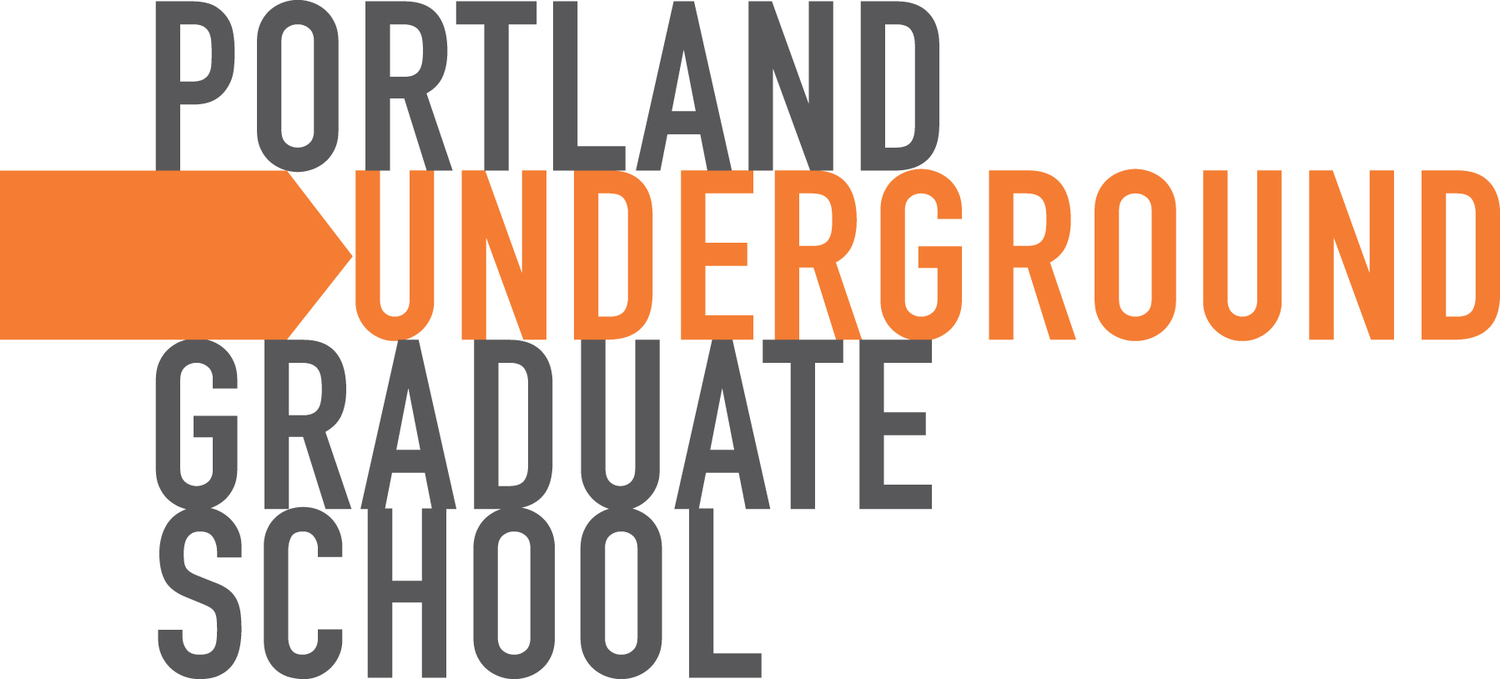Rewilding 101 (September 2018)
Rewilding 101 (September 2018)
Ancestral Ways of Living for a More Resilient Life
The root causes of many of the ills of our society are intimately connected to Western society’s move away from ways of living that sustained us and our ecosystems for hundreds of millennia. In this course, we will reacquaint ourselves with prehistoric people and their way of living, and learn why rewilding is a vital way forward.
Date: Mondays September 10, 17, 24, & October 1
Time: 6 - 7:30 pm
Location: 435 NW 22nd Ave.
Tier A Pricing: $197 ($30/hr or above wage earners)
Tier B Pricing: $150 ($16-29/hr wage earners)
Tier C Pricing: $100 ($15/hr or below wage earners)
See our Pricing + Generosity Policy for more information on tiered pricing
PUGS is a community of lifelong learners. Register with a friend and get 33% off with the code YOUVEGOTAFRIEND
Climate change, environmental destruction, patriarchy, privilege, consumerism, health issues, lack of community, the disconnect from nature, world hunger, population growth...all are rooted from the same problem: the domestication of humans and of the wild over the last several thousand years. How did we get into this mess? From conservation biology to the paleo diet, people are realizing that the neolithic period has led humanity astray. Rewilding offers us a way out. This class is an intense crash course on what rewilding is, how you can rewild, and why you must. You will be able to apply these principle directly to your life, here and now.
Join us on a journey through the ecological, anthropological, and psychological principles behind rewilding. We'll discuss the myths we've constructed about prehistoric peoples, the problems that came with the innovation of agricultural civilization, and the benefits of indigenous horticulture. You will finish the course aware of the various ways that people are rewilding, as well as the barriers that stand in the way. You will see how rewilding is viewed by the mainstream, and how to integrate it into your life in a way to that is respectful to indigenous populations.
Week 1: Exploring Prehistory
When did we lose our connection to the natural world? What is "pre" history, and why should we care about it? What is our "common knowledge" of cavemen? Plus, we'll review a timeline of human evolution.
Week 2: Defining Rewilding
What is our concept of ideas like "wild" and "wilderness"? How are people using the term "rewilding"? How do hunter-gatherers change the landscape? We'll also start to look at things like community-building, land access, and how rewilding is both an environmental and social justice movement.
Week 3: Hazards of Rewilding
We'll address how fear, economic status, legalities, cultural appropriation, and privilege relate to rewilding and how to go about it in a safe, helpful, and respectful way.
Week 4: Rewilding in Action
What does rewilding look like? What are some barriers to rewilding? We'll look at examples of current rewilders and rewilding communities and examine the possibilities for rewilding in the future, and taking things to the next level.
Peter Michael Bauer is an environmental educator, author of the book Rewild or Die, and founder of Rewild Portland.


